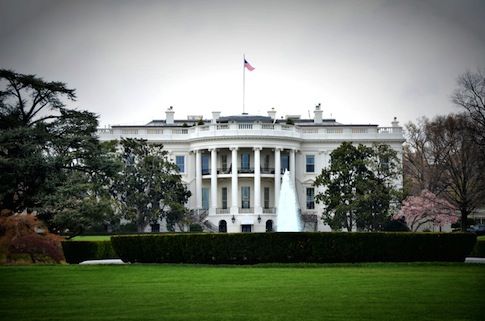The Obama administration on Friday released revised rules governing how Obamacare’s contraception mandate applies to religious entities, immediately raising objections from the attorneys of several religious groups.
"We are extremely disappointed with this inadequate proposal from the Obama administration," Kyle Duncan, general counsel for the Becket Fund for Religious Liberty, said during a Friday afternoon conference call with the press.
Obamacare, officially known as the Patient Protection and Affordable Care Act, passed in 2010. The bill provides for free preventative services, which the Department of Health and Human Services (HHS) interpreted in 2011 to include contraception, including the so-called morning-after and week-after pills.
The revised regulation simplifies the qualifications for "religious employers" to receive an exemption from the mandate, according to a fact sheet released by HHS.
"The simple definition of ‘religious employer’ for purposes of the exemption would follow a section of the Internal Revenue Code, and would primarily include churches, other houses of worship, and their affiliated organizations" as defined by the relevant section of the tax code, the fact sheet states.
The revised rules reiterate the previous exemption for other religious nonprofits. While the nonprofits who object to providing certain forms of contraception do not have to provide it directly, the rule provides for individual healthcare plans that provide access to the objectionable forms of contraception for free.
Duncan returned to two primary objections to the new rules throughout the call.
"Self-insured entities have no concrete guidance from this for how to get around the mandate," he said. While there are a few proposed accommodations for self-insured entities in the NPRM [notice of proposed rulemaking], there is no single proposed plan.
"I can only comment on a real proposal, and there is none," he said.
"This proposal has no effect whatsoever on for-profit organizations," Duncan said, meaning that for-profit businesses can make no legally protected religious claims.
Duncan also said nonprofits might object to being the "conduit" for contraception or abortion-inducing drugs.
HHS did not return a request for comment or clarification on the rule.
Various religious organizations objected to the mandate. Catholics object to all forms of contraception, while many Protestants object to abortion and consider the morning-after and week-after pills to be abortifacient drugs.
There are 44 cases against the contraception mandate, according to the Becket Fund’s website. The Becket Fund represents plaintiffs in seven of those cases.
